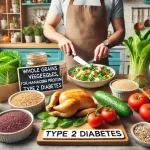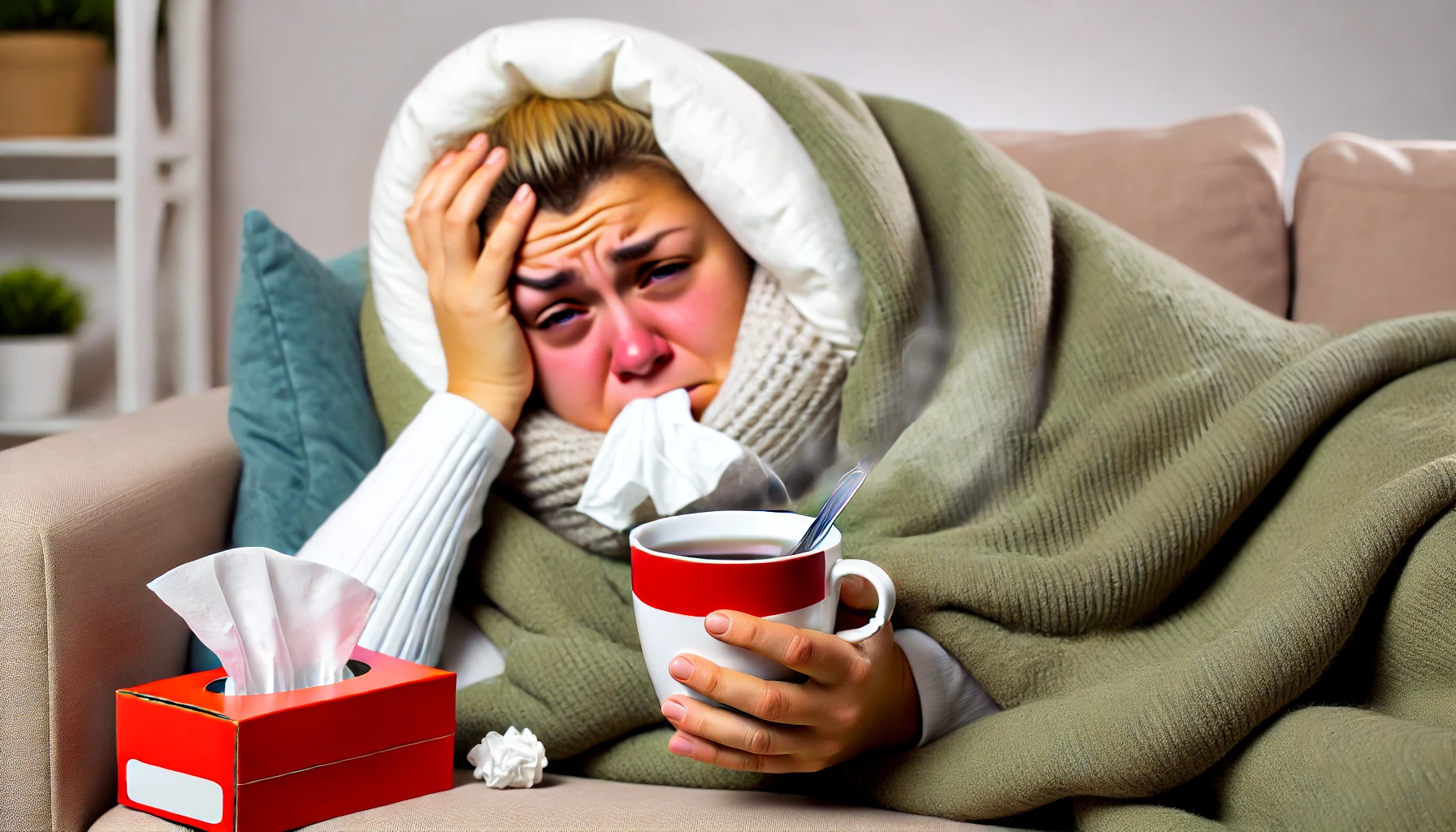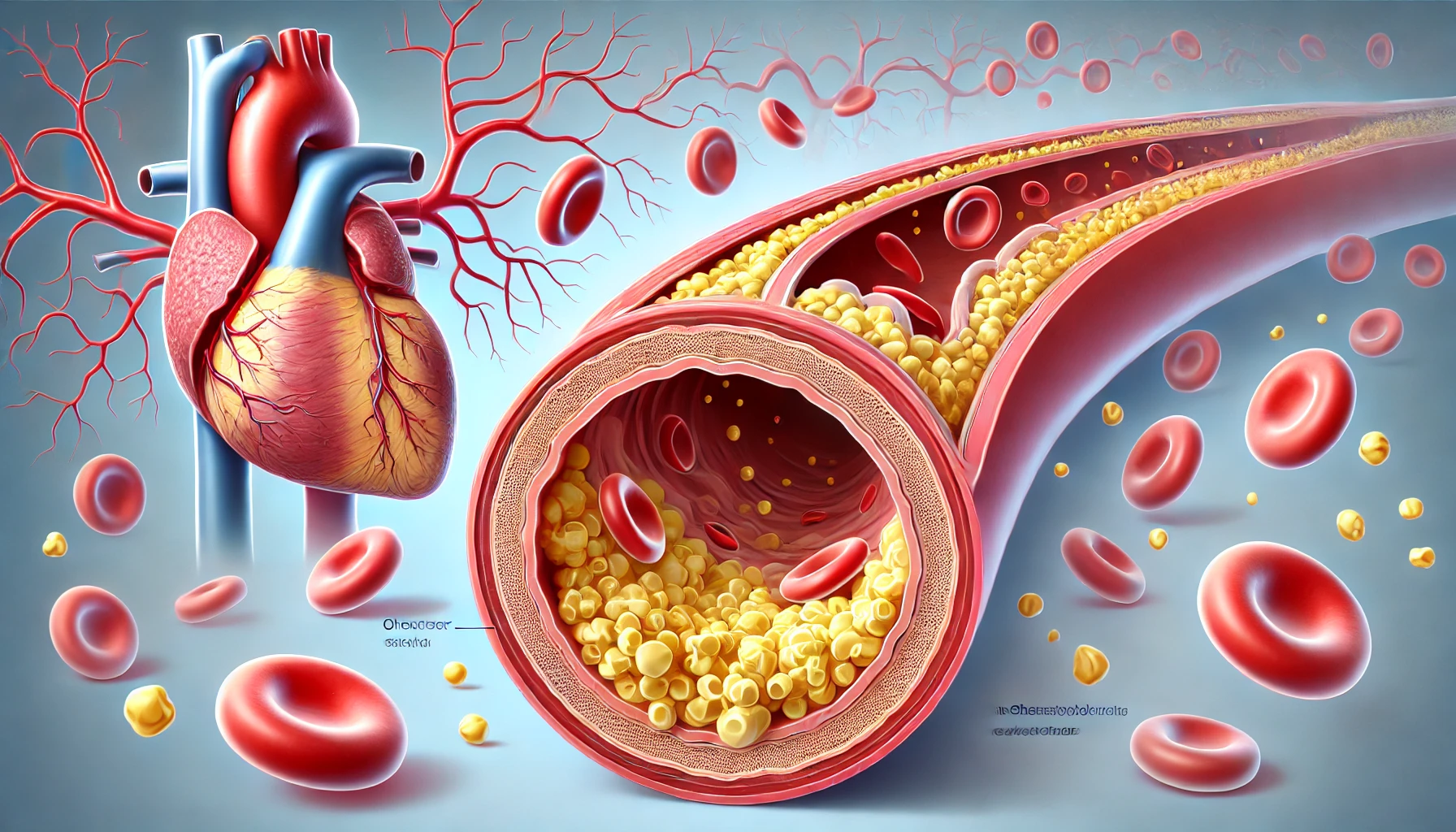
We’ve all been there—a scratchy throat sneaks up on you, followed by that unmistakable stuffy nose and nagging fatigue. A cold can turn even the simplest tasks into a struggle, and while there’s no magical cure to make it disappear overnight, there are plenty of ways to ease your symptoms and help your body recover faster. Ready to kick that cold to the curb? How to Get Over a Cold Quickly Let’s dive in.
Start with Rest: Your Body Needs It
When you’re sick, your body’s number one priority is fighting off the virus. And guess what? That takes energy—lots of it. This is why rest is so crucial. Skipping that workout or canceling plans isn’t just about taking it easy; it’s about giving your immune system the tools it needs to do its job.
Here’s the deal: if your body is busy trying to power through a busy day, it can’t focus on healing. So, hit pause. Crawl under the blankets, close your eyes, and let your body do its thing. If sleep doesn’t come easily, just lying still and relaxing can make a difference.
Think of rest as a non-negotiable appointment with yourself—and this time, no rescheduling.

How to Get Over a Cold Quickly
Drink Up: Hydration is Key
You’ve heard it before, but it’s worth repeating: staying hydrated is one of the best things you can do when you’re under the weather. Fluids help loosen mucus, soothe a scratchy throat, and keep you from getting dehydrated, especially if you’ve got a fever.
Wondering what to drink? Here are some options that work wonders:
- Water: Obvious but essential. Sip it throughout the day.
- Herbal Tea: Chamomile, peppermint, or ginger tea can calm your throat and give you a dose of warmth.
- Broth: Chicken soup isn’t just a comfort food—it’s a cold-fighting staple for a reason.
- Electrolyte Drinks: If you’re feeling wiped out, these can help replace what you’ve lost.
On the flip side, avoid alcohol and caffeine. They can dehydrate you, which is the last thing you need right now.
Warm Drinks: A Hug for Your Throat
When your throat feels like sandpaper, a warm drink can be a game-changer. Not only do they hydrate you, but they also bring a sense of comfort that’s hard to beat. Here are a few go-to options:
- Honey and Lemon Tea: A classic for a reason. The honey coats your throat, and the lemon provides a hit of vitamin C.
- Ginger Tea: Spicy and soothing, ginger is known for its anti-inflammatory properties.
- Turmeric Milk: This golden drink combines turmeric’s healing powers with the soothing warmth of milk.
If you want to double down on throat relief, try gargling with warm salt water. It’s simple, effective, and takes just a minute or two.
Eat to Heal: Fuel Your Body
Food might be the last thing on your mind when you’re sick, but eating the right nutrients can make a big difference in how quickly you recover. Focus on foods that boost your immune system and give your body the energy it needs to fight back.
- Vitamin C: Oranges, strawberries, bell peppers—these are all great sources of this immune-boosting vitamin.
- Zinc: Think nuts, seeds, or even a small supplement if your diet is lacking.
- Garlic: Add it to soups or meals—it’s a natural antimicrobial that can help your immune system.
- Soups and Broths: Easy to digest and packed with nutrients, they’re a perfect option when you don’t feel like eating much.
Skip the heavy, greasy foods. They won’t give you the energy your body needs to recover.

How to Get Over a Cold Quickly
Steam and Humidity: Clearing the Congestion
If you’ve ever felt like you can’t breathe through your nose, you know how miserable congestion can be. Enter steam, your new best friend. A simple bowl of hot water can work wonders.
- Boil water and pour it into a bowl.
- Drape a towel over your head to trap the steam and lean over the bowl.
- Breathe deeply for 5–10 minutes.
Not a fan of DIY steam sessions? Take a warm shower instead or run a humidifier in your room. Adding moisture to the air helps clear your nasal passages and makes breathing easier.
Over-the-Counter Help: Know Your Options
Sometimes, no matter how many teas or soups you have, your symptoms need a little extra help. Over-the-counter (OTC) medications can be a lifesaver when used properly.
Here’s a quick breakdown:
- Decongestants: These can reduce swelling in your nasal passages, making it easier to breathe.
- Antihistamines: Perfect for tackling sneezing and runny noses.
- Pain Relievers: Got a fever or aches? Ibuprofen or acetaminophen can help you feel more comfortable.
Always follow the instructions on the label, and if you’re unsure, don’t hesitate to ask a pharmacist.
Relax: Stress Isn’t Helping
It might sound strange, but stress can actually make your cold worse. When you’re stressed, your immune system doesn’t work as efficiently, which means it’ll take longer for you to recover.
What can you do to relax?
- Try some light stretching or deep breathing exercises.
- Listen to your favorite playlist or watch a feel-good movie.
- Curl up with a good book or even take a short nap.
This isn’t about pampering—it’s about giving your body the environment it needs to heal.
When to Call the Doctor – How to Get Over a Cold Quickly
Most colds clear up within a week or so, but sometimes, your body might need a little extra help. Here are some signs that it’s time to see a healthcare provider:
- Your symptoms last more than 10 days.
- You develop a high fever that doesn’t improve.
- You experience chest pain or difficulty breathing.
- Your symptoms suddenly worsen after seeming to get better.
It’s always better to play it safe. A cold that turns into something more serious, like bronchitis or pneumonia, needs medical attention.
Stop the Spread: Protect Others Around You
Nobody wants to be the reason their coworkers, friends, or family get sick. If you’re under the weather, take these steps to avoid spreading your cold:
- Wash Your Hands: Do it often, and do it thoroughly—at least 20 seconds with soap and water.
- Cover Your Coughs and Sneezes: Use a tissue or your elbow to catch germs.
- Disinfect Surfaces: Phones, keyboards, doorknobs—anything you touch regularly should get a wipe-down.
- Stay Home: If you can, avoid close contact with others until you’re feeling better.

How to Get Over a Cold Quickly
Healing Takes Time—Be Patient
No matter how many remedies you try, remember that colds take time to run their course. Most will last about 7–10 days, and while you can’t eliminate them completely, you can make the experience much more manageable.
Listen to your body—it’s trying to tell you what it needs. Whether it’s an extra hour of sleep, a second bowl of soup, or simply a day of rest, give yourself the care you deserve. The better you treat your body now, the sooner you’ll be back to feeling your best.







 Previous Post
Previous Post Next Post
Next Post
